Israeli demolition of Palestinian structures in West Bank soared by 90% y/y in April: UN
The United Nations says Israel’s demolition campaign against Palestinian homes and structures across the West Bank and East Jerusalem al-Quds soared dramatically in April compared to the similar month last year, marking a 90 percent increase in the number of structures targeted across the occupied territories.
Israeli authorities demolished, forced people to demolish, or seized 23 Palestinian-owned structures across the West Bank during the previous month, according to a new report published by the United Nations Office for the Coordination of Humanitarian Affairs (OCHA).
The UN agency added that all the structures were in Area C of the occupied West Bank or East Jerusalem al-Quds, and were targeted due to lack of building permits, which are nearly impossible for Palestinians to obtain.
OCHA said among the targeted structures were a building in the village of Khirbet Susiya, in addition to a cover for an agricultural structure in al-Khader town, located 5 kilometers (3.1 miles) west of Bethlehem, noting they had been provided as humanitarian aid.
Ten structures were demolished in East Jerusalem al-Quds. While nine of them were razed following demolition orders issued by the so-called Jerusalem Municipality, the last structure was destroyed after the owner was forced to do so, the UN body highlighted.
OCHA said six of the targeted structures were in al-Issawiya neighborhood, affecting the livelihoods of 18 people, including 10 children.
Another three structures were targeted in Beit Hanina, situated eight kilometers north of central Jerusalem al-Quds, where the Jerusalem Municipality officials demolished them before the expiration of a two-week notice handed to their residents.
The demolitions of Palestinian homes come at the same time that Israel continues to expand settlements on occupied Palestinian land.
More than 600,000 Israelis live in over 230 settlements built since the 1967 Israeli occupation of Palestinian territories in the West Bank and East Jerusalem al-Quds.
Israeli settlements in the West Bank are considered illegal under international law and are a major stumbling block to peace efforts as they are built on land Palestinians consider to be part of their future state.
How Los Angeles’ pistachio tycoons facilitated and profited from wildfires
Iraqi PM: Iran was in Syria to fight terrorism; presence requested by Damascus
Hamas: Israel's massacre in Jenin camp won’t break resistance
60 bodies recovered from abandoned South African gold mine: Police
Biden administration ‘quietly’ circumnavigating own ban on TikTok: Report
Iran Navy takes delivery of first advanced ‘signals-intelligence’ destroyer
Italian TV exposes Israeli manipulation of EU institutions
UK anti-corruption minister Siddiq resigns over links to Bangladesh ‘embezzlement probe’


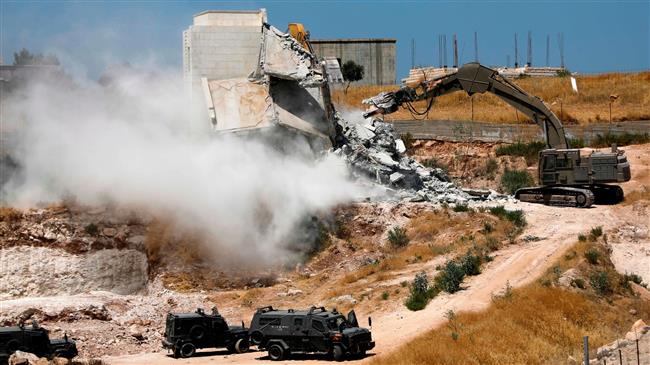


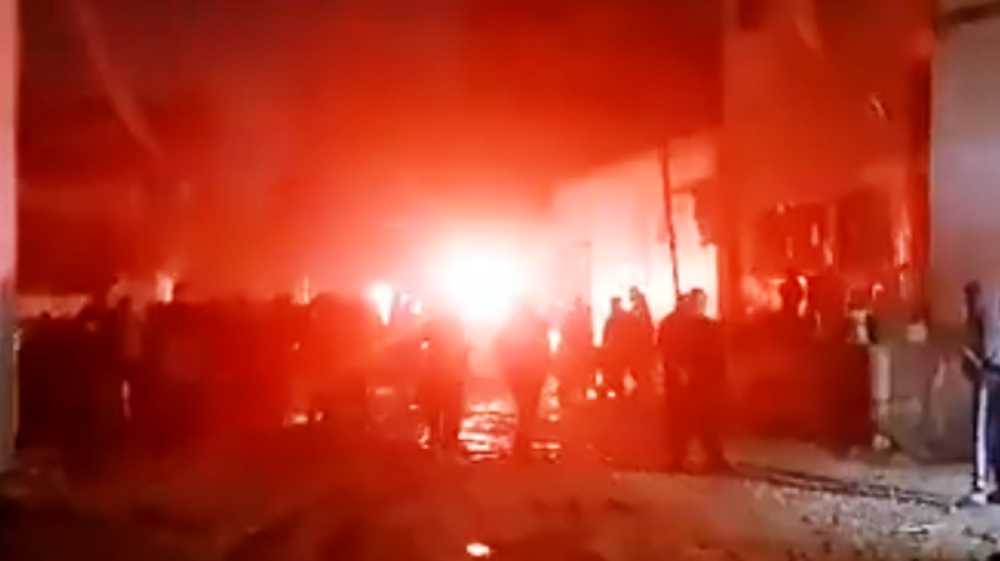





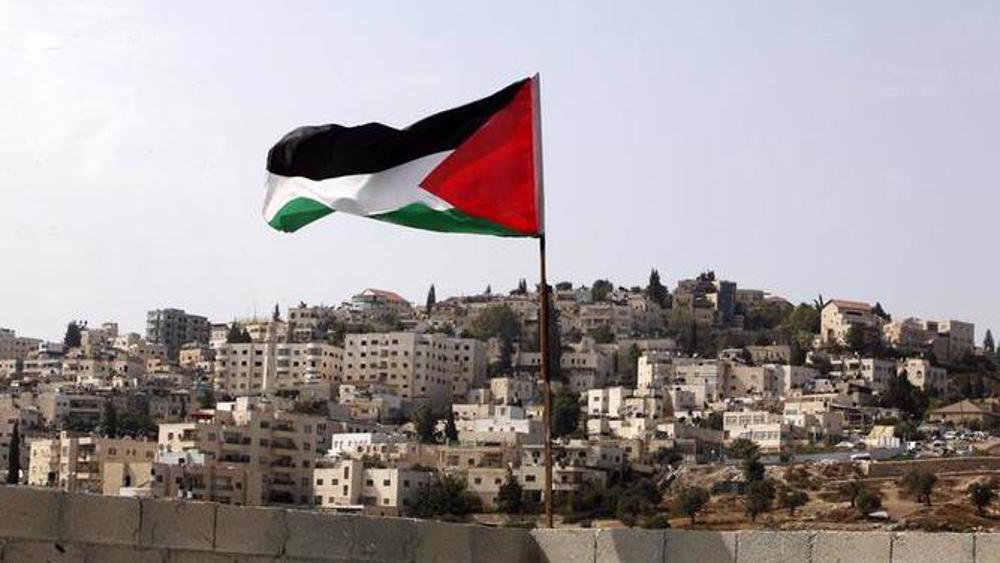

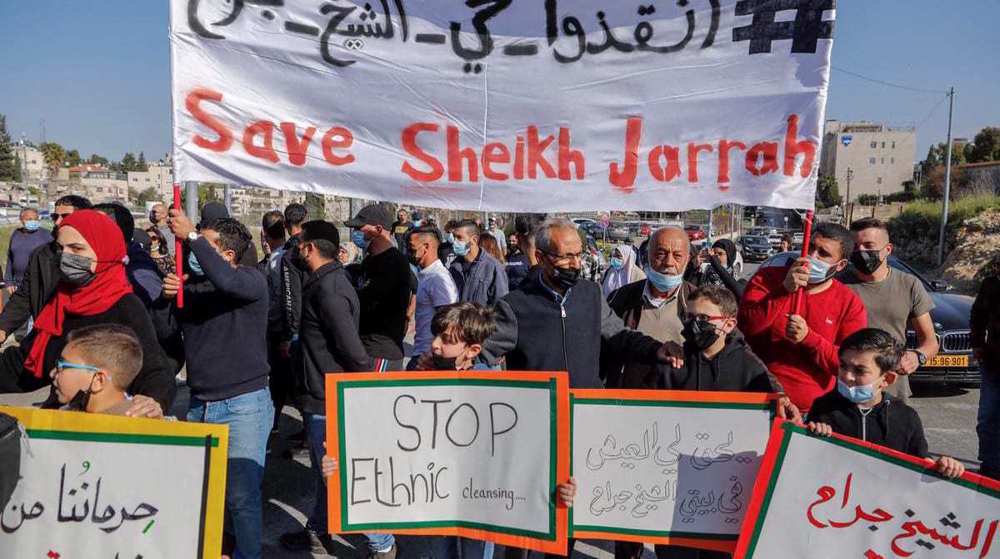

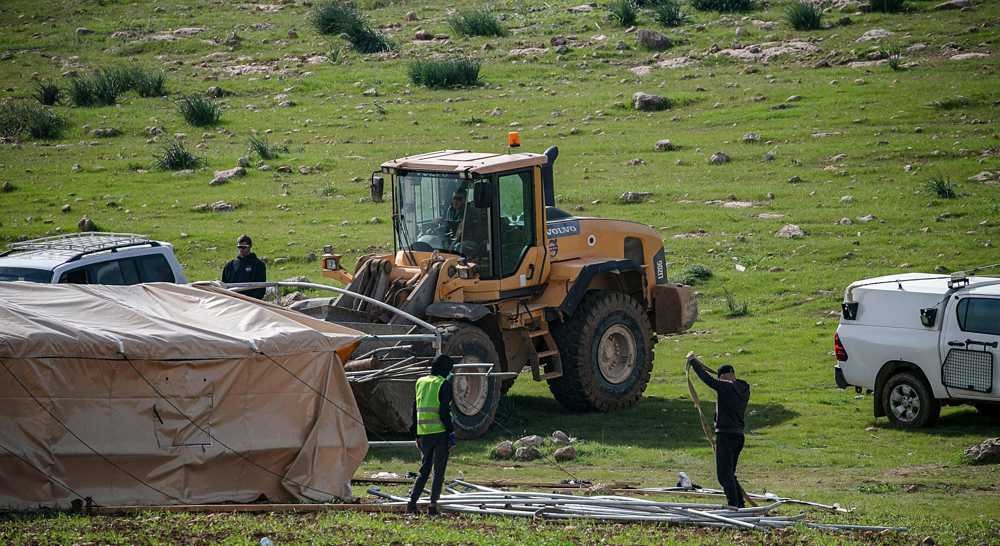

 This makes it easy to access the Press TV website
This makes it easy to access the Press TV website